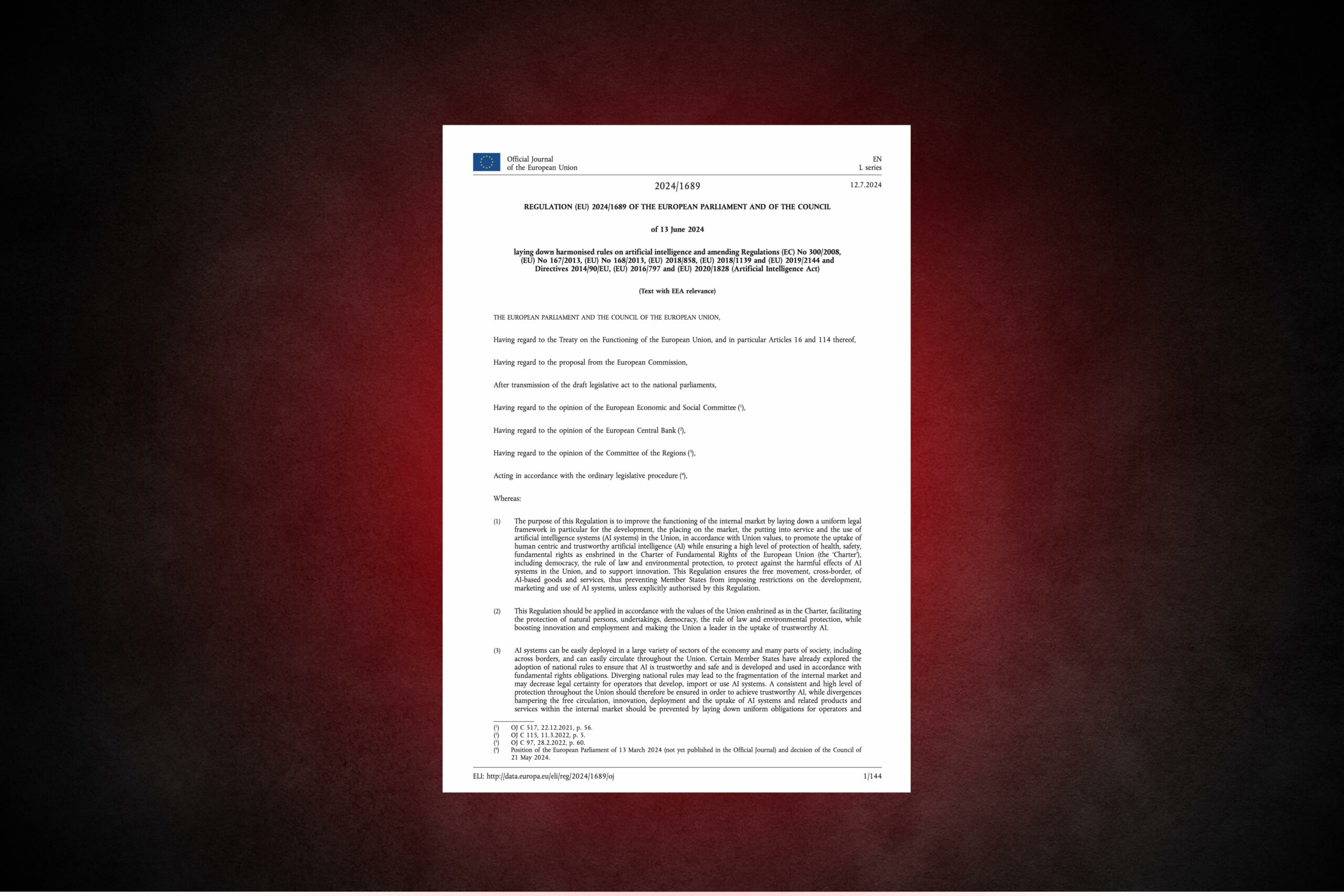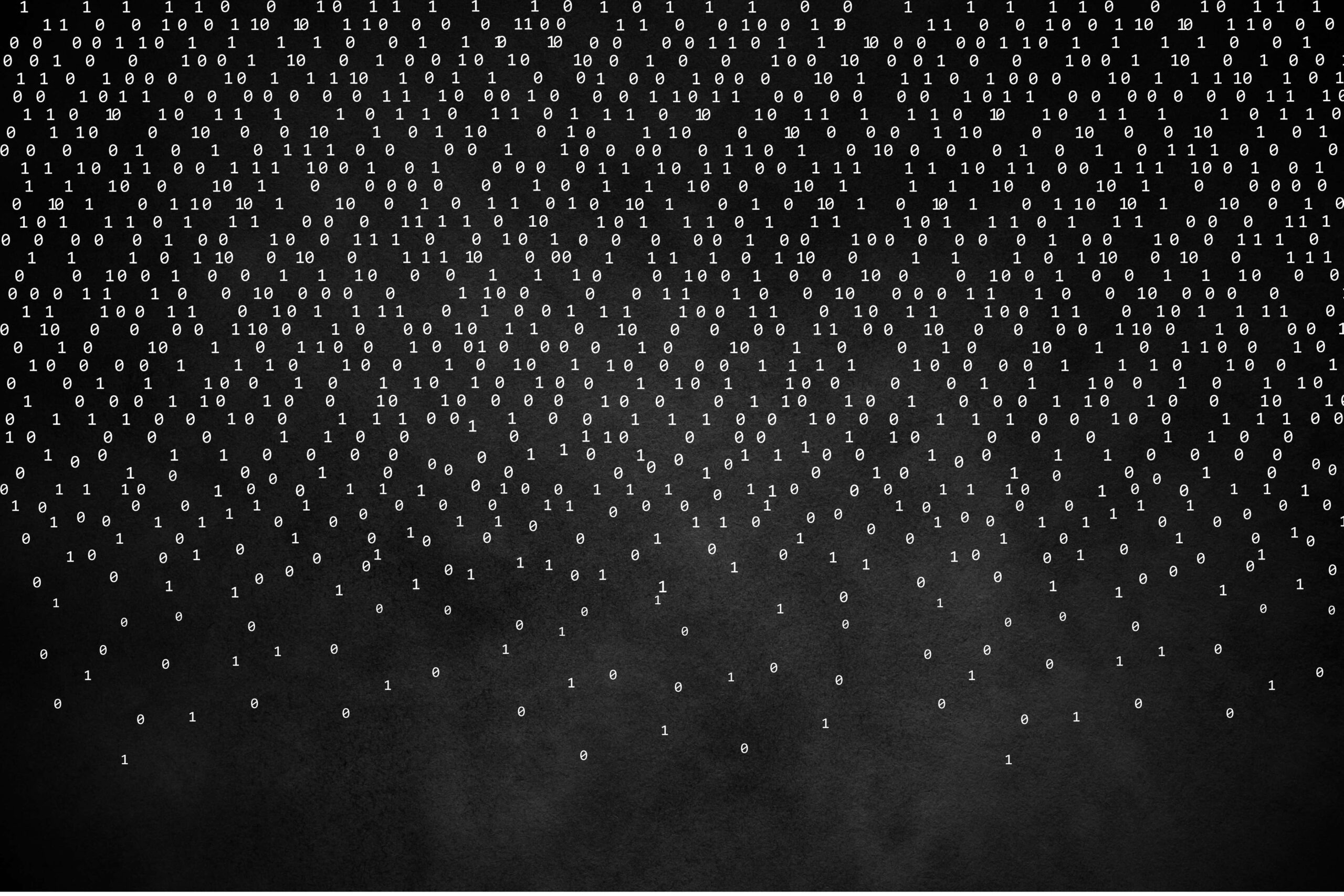Welcome to Crane’s Cartel, a trimonthly series where University of Michigan law professor Dan Crane engages in hard-core mind-fixing.
****
The leadership of the U.S. Justice Department Antitrust Division has made waves in recent months by publicly stating an interest in reviving the long-discarded practice of bringing criminal cases under Section 2 of the Sherman Act. I have a draft paper, forthcoming in the Antitrust Law Journal, that reviews the historical record on criminal Section 2 enforcement. In this blog post, I will review what I understand to be the leading arguments in favor of criminal monopolization enforcement. Spoiler alert: I don’t find them persuasive.
To be clear, I do not take the position that there should never be criminal enforcement under Section 2. Proving the universal negative is not a burden I prefer to take on. More generously, I can imagine rare and unusual circumstances where criminal Section 2 enforcement might be a desirable exercise of prosecutorial discretion. So my objection is not categorical, but contextual. As a general matter, it would not be wise to reinstitute the practice of bringing criminal cases under Section 2 and the reasons offered in favor of doing so are not persuasive.
With that, some thoughts on the four leading justifications:
- Congress Said So: True enough, the Sherman Act is a criminal statute. Not only was Section 2 a criminal statute when Congress passed the Sherman Act in 1890, but Congress made both Section 1 and Section 2 felonies in 1974 and further increased the criminal penalties in 2004.
The problem with running very far with Congressional intent is that Congress also made antitrust violations civil matters enforceable in equity. If the argument is “Congress wanted Section 2 criminally enforced and so it must be enforced criminally,” one can respond “Congress wanted Section 2 enforced civilly and so it must be enforced civilly.” Unless the DOJ brings both a criminal and civil case for every Section 2 violation, it necessarily will have to exercise prosecutorial discretion between civil and criminal enforcement, which must have been the intention of Congress (assuming that Congress really “intends” things).
At a minimum, the Congressional intent argument needs some refinement. Maybe it is something like “although it is OK to bring most Section 2 cases civilly, failing ever to bring criminal Section 2 cases shows disregard for Congressional intent.” But now the horse is out of the barn. If we concede that it is generally OK for DOJ not to bring criminal Section 2 cases in its prosecutorial discretion, it is hard to think of a principled basis to determine how often the DOJ must bring a criminal case to honor Congressional intent. As far as I am aware, the DOJ has never announced a categorical refusal ever to bring a criminal Section 2 case. If Mark Zuckerberg personally blows up some nascent competitor with dynamite, there will not be many complaints if he is indicted. If it is OK for the DOJ to exercise its prosecutorial discretion on whether to bring criminal cases—which it has to be—it is hard to see that the DOJ is flaunting Congress’ will by bringing civil rather than criminal cases as a general matter.
- DOJ Used To Do It: Also true enough. By my count, between 1903 and 1977, the Justice Department brought 175 criminal Section 2 cases. So there is precedent!
However, only 20 of those were for what today would be considered unilateral conduct. The other 155 were essentially Section 1 cases where the monopolization claim was just tagging along. Further, only 12 out of the 20 cases resulted in a conviction or plea bargain, the fines in those cases were modest by contemporary standards (even in real terms), and only one case not involving violence or threats of violence resulted in a prison sentence—and only one month was served in that case. The historical record of genuine Section 2 cases is rather thin.
Further, that DOJ used to bring criminal monopolization cases is hardly a sufficient reason to do so again today. If historical precedence is the norm, why should the older 50-year period in which it brought criminal Section 2 cases count more than the more recent 50-year period in which it has not? The Justice Department historically did many things that we do not think are such a good idea to do today.
- Bringing Criminal Cases Is Necessary to Increase Deterrence: The argument that criminal enforcement is needed to increase deterrence should be broken into two parts. The first concerns bringing Section 2 claims as a supplement to Section 1 claims—which, as noted, the DOJ has overwhelmingly used in its historical use of criminal Section 2 enforcement. If the view is that the DOJ needs bigger sticks to go after hard-core price-fixing cartels, maybe resuming the practice of charging the same behavior under Section 1 and Section 2—which the Supreme Court blessed in American Tobacco—makes some sense.
The strength of this argument depends on whether one thinks that the current fine levels available under Section 1—up to $100 million in fines on corporations and 10 years of imprisonment for individuals—are adequate. Keep in mind that the $100 million fine cap is per Section 1 violation, and the same cartel behavior can often be charged as multiple Section 1 violations, which is how the DOJ has gotten fines up to half a billion dollars on a single corporation. My sense is that the available fine levels and prison terms under Section 1 give the DOJ plenty to work with. However, if professional prosecutors tell me that is not right, I will be happy to stand corrected.
But I do not think that supplementing Section 1 enforcement is what this is all about. Rather, the DOJ’s new interest in criminal Section 2 enforcement seems to come from the view that Section 2 has fallen into desuetude, that the failure to bring Section 2 cases is a root cause of the overconcentration of the American economy, that Section 2 law has become far too conservative, and that bringing Section 2 cases should be part of a dramatic reversal of that recent practice.
I am not sold on the DOJ’s conviction about the effects of the DOJ’s recent reticence (or, at least its reticence before 2020) to bring Section 2 cases, but let’s go with it and ask the strategic question: if the goal is to revive Section 2 enforcement and cajole the courts to make better law, is bringing criminal cases the way to do that?
Very doubtful. Keep in mind that, between 2000 and 2019, the DOJ brought only one Section 2 case. To go from bringing essentially no civil cases to suddenly bringing criminal cases will certainly raise some eyebrows on the bench. Moreover, if the goal is to push the law in a more pro-enforcement direction, bringing criminal cases is a strategically risky call. The plaintiff’s burden rises sharply in criminal cases and the defendants enjoy many protections (for example, drawing adverse inferences from silence) unavailable in civil cases. It is already hard enough for plaintiffs to prove relevant markets by a preponderance of the evidence. Imagine trying to do so beyond a reasonable doubt.
- Criminal Enforcement Is Morally Desirable for Egregious Monopolizing Behavior: The last argument is that certain monopolization offenses are so egregious that justice requires their criminal prosecution. To be sure, there are certain kinds of nakedly wrongful behavior that likely could be caught under Section 2. Crimes of violence, blowing up the competitor’s factory, egregious fraud, and similar acts of malum in se come to mind.
But, of course, any such egregiously wrongful behavior is surely also a crime under many other state and federal statutes, including statutes that raise fewer complications than Section 2. For example, consider one of the last criminal Section cases—U.S. v. Empire Gas (1972). A federal grand jury indicted Empire Gas Corp. of Lebanon, Missouri—one of the largest liquified petroleum gas distributors in the United States—and two individuals on charges of trying to dynamite a tank truck belonging to a competitor. The case was brought under both Section 2 and federal firearms laws, and the jury acquitted on all counts. Should a case like that arise again, it is hard to imagine a principled objection to bringing a criminal Section 2 count, but plenty of strategic ones. If the defendants are caught red-handed trying to dynamite a competitor’s property, why add the economic complication of defining relevant markets, assessing the defendant’s market power, and determining whether the elimination of the competitor’s tank truck would have led to higher prices or reduced output? If the goal is to make sure that blatant crooks are criminally punished, it is far from clear that Section 2 has much to offer.
In sum, none of the leading arguments for reviving criminal Section 2 enforcement is very strong. Time to think up some new ones!
Dan Crane
***
Citation: Daniel A Crane, Four Bad Reasons to Bring Criminal Monopolization Cases, Network Law Rev. (September 8, 2022)








